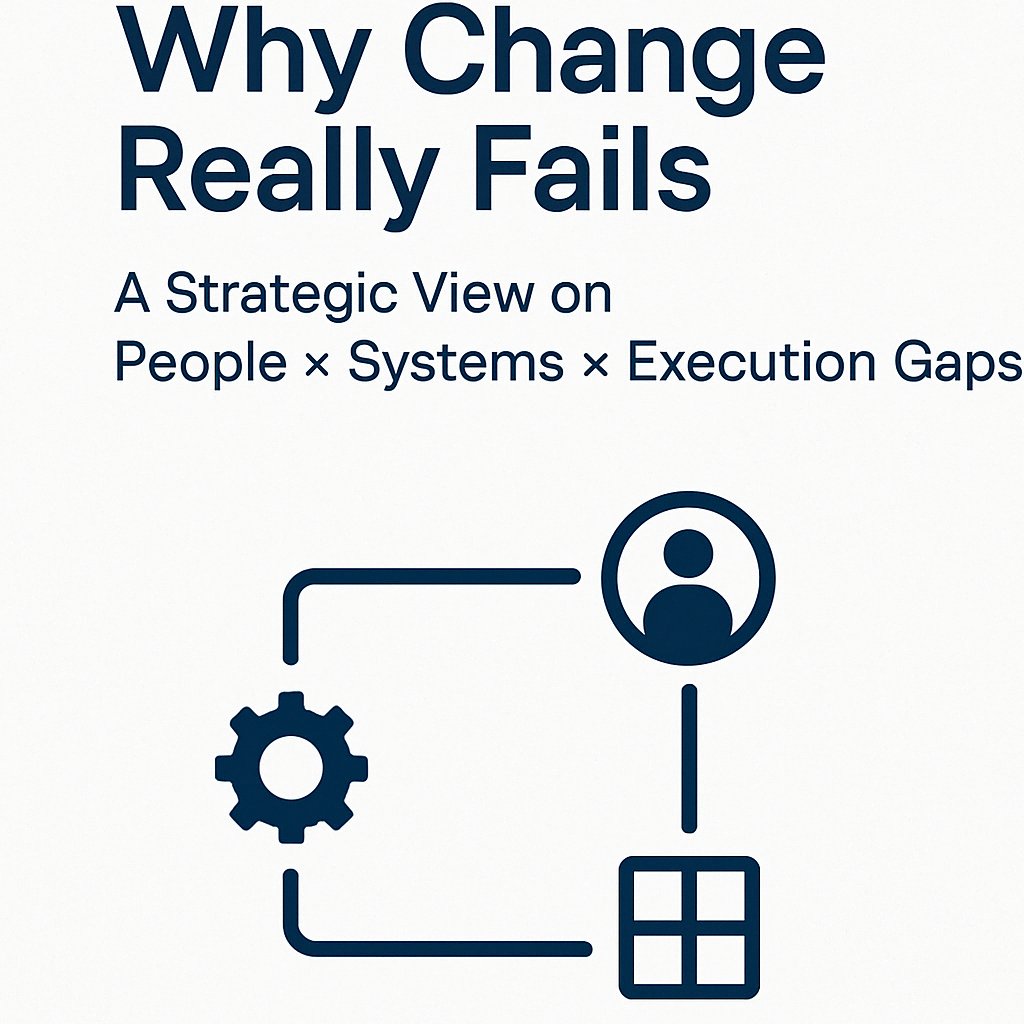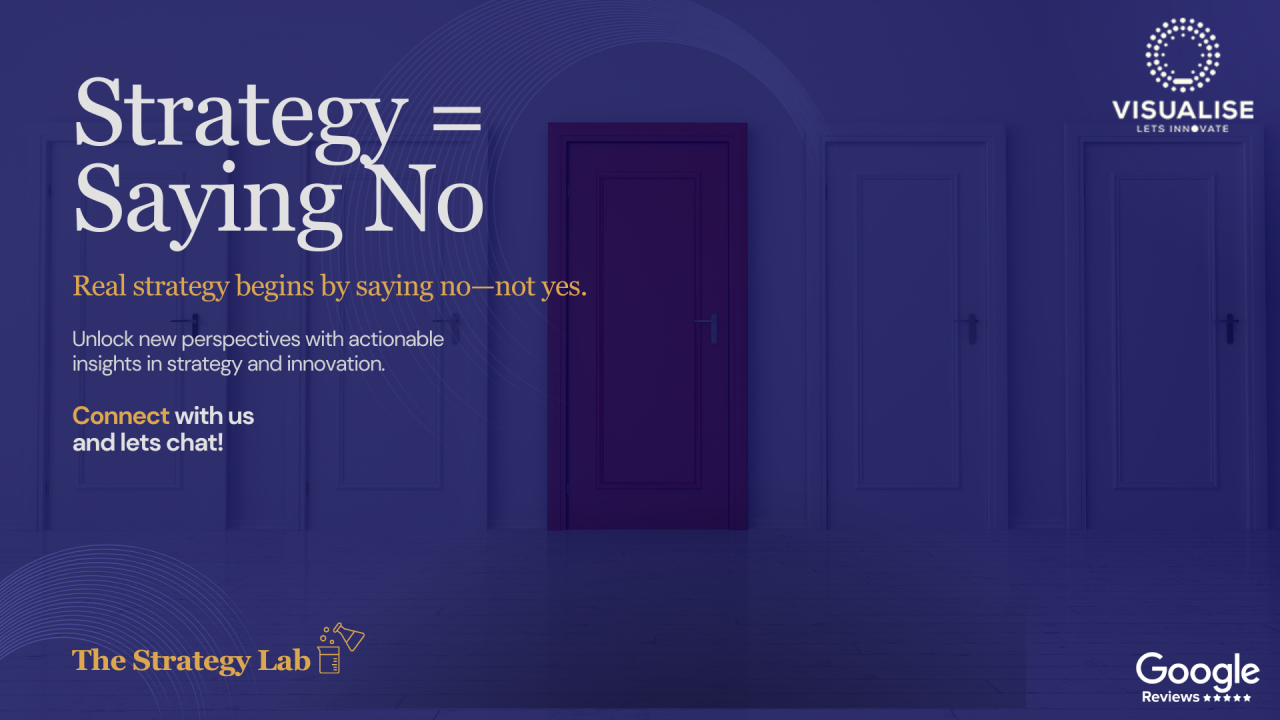Jan30

Franchising is a very popular business model that has existed for centuries. There are many myths and misconceptions people have about owning a franchise location. Here are five of the most common.
Although franchises are prevalent in the fast-food and retail industries, they are available in a wide variety of fields, from fitness to pet sitting to lawn services. If you are interested in a business that is profitable and easy to replicate and teach to people in different geographical areas, there may be franchises available.
A franchise is a business, and running any business takes time and effort. The franchisor gives you materials and instructions to get going quickly, so you do not have to start completely from scratch. You benefit from a proven business model and brand recognition. You also have guidance and support as you operate your franchise.
Owning a franchise gives you a considerable head start. But you cannot simply kick back and watch the profits roll in. You, as the franchisee, have to open the business in the morning, be there the entire day to take care of payroll, employee management, and customer service, and close up at night.
You are also responsible for attracting customers. The franchisor may provide marketing instruction and even send leads. But ultimately, it is up to you to gain and keep customers and grow your franchise. You must customize your marketing strategies to your specific market and location. Like any business, you will have high and low periods.
Many people mistakenly believe that franchisees must rigorously adhere to a specific set of rules for running their franchises. Franchisees agree to follow the franchisor’s general business model and guidelines but own and operate their franchises as they see fit within the terms of the agreement. As long as the franchisee operates the business according to the agreement, they can use their skills, experience, and creativity.
Successful franchisors encourage franchisees to exercise creativity and welcome new ideas that will improve the business. The McDonald’s Big Mac originated with an idea by a franchisee, as did the now-familiar KFC paper buckets.
In some fields, like hotels and restaurants, having an industry background is either a requirement or a significant advantage. But in many cases, franchisors look for franchisees with the right temperament and work habits to be successful. Experience in another field that is transferable to the franchise is helpful. The franchisor provides training and guidance in running the business, so previous background in the specific industry is not so crucial.
Acquiring a Chick-fil-A franchise requires just a $10,000 initial investment, but that does not mean Chick-fil-A will sell a franchise to anyone who pays. Franchisees are the face of the brand to customers, so franchisors are usually very selective about who they accept as franchisees. There are extensive discussions involved, and the franchisor is continually assessing whether the applicant is right for their brand. An unsuccessful franchisee can damage the overall brand.
Keywords: Business Strategy
 Breaking Through Mental Barriers: Shifting from Self-Sabotage to Self-Mastery
Breaking Through Mental Barriers: Shifting from Self-Sabotage to Self-Mastery Why Change Really Fails: A Strategic View on People × Systems × Execution Gaps
Why Change Really Fails: A Strategic View on People × Systems × Execution Gaps Beyond the Buzz: What It Really Takes to Build a Business Ecosystem
Beyond the Buzz: What It Really Takes to Build a Business Ecosystem Strategy = Saying No!
Strategy = Saying No! The Self Before the System: What Must Be Understood Before We Build
The Self Before the System: What Must Be Understood Before We Build